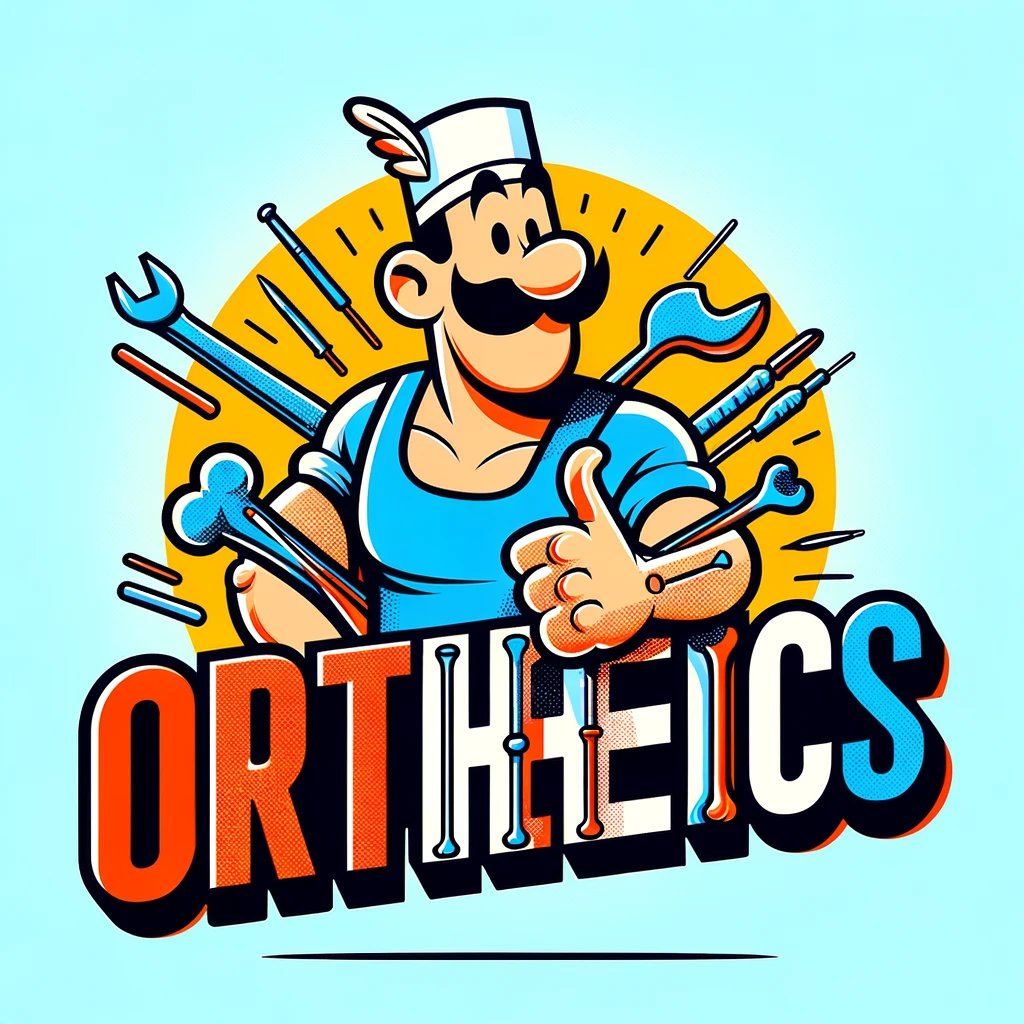As a biomedical scientist, I’m excited to delve into the latest advancements in orthopedics. Our focus today is on a groundbreaking study titled “Impact of a Novel Navigational Technology on Short-Term Patient Outcomes Following Total Knee Arthroplasty: A Propensity Matched Cohort Study”. This research explores the influence of innovative navigational technology on patient recovery after total knee replacement surgery. The study’s findings could revolutionize post-operative care and significantly improve patient outcomes. Stay tuned to learn more about this cutting-edge technology and its potential to transform orthopedic surgery.
Note that Klaus is a GPT-based bot and can make mistakes. Consider checking important information (e.g. using the DOI) before completely relying on it.
Impact of a Novel Navigational Technology on Short-Term Patient Outcomes Following Total Knee Arthroplasty A Propensity Matched Cohort Study.
Fiedler et al., Bull Hosp Jt Dis (2013) 2023
PMID: 37979145
Ho, ho, ho! Gather ’round, my friends, as we delve into the frosty world of orthopedic surgery, where the elves of medicine are hard at work. They’ve been tinkering with a shiny new toy, an imageless intraoperative navigational technology, and they’ve been using it for total knee arthroplasty (TKA) – that’s knee replacement surgery for us layfolk.
Between October 2019 and January 2020, 59 patients at a single, urban, orthopedic specialty hospital were treated with this newfangled gadget. To see if it was worth the tinsel, they compared these patients to a similar group who had the same surgery, but without the use of the technology. They looked at things like how long the patients stayed in the hospital, how long the surgery took, and how they were doing three months later.
Now, don’t get your stockings in a twist, but it turns out there wasn’t much difference between the two groups. The length of stay, surgical time, and other factors were pretty much the same. Even the Knee Injury and Osteoarthritis Outcome Score, Joint Replacement (KOOS, JR) scores, which measure how well the knee is doing, were similar before and after surgery.
So, does this mean the new technology is a lump of coal? Not necessarily. It’s still early days, and more studies are needed to see if there are any long-term benefits. But for now, it seems that whether you’re guided by Rudolph’s red nose or a high-tech navigation system, the journey to a new knee ends up about the same. Merry Christmas and a Happy New Knee!
